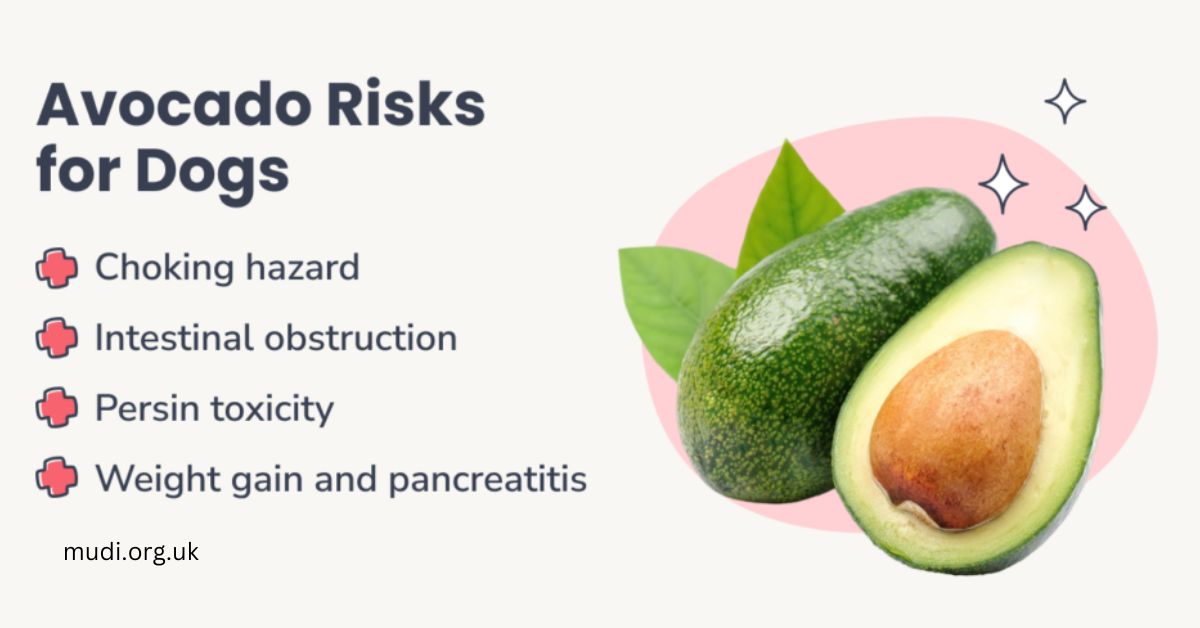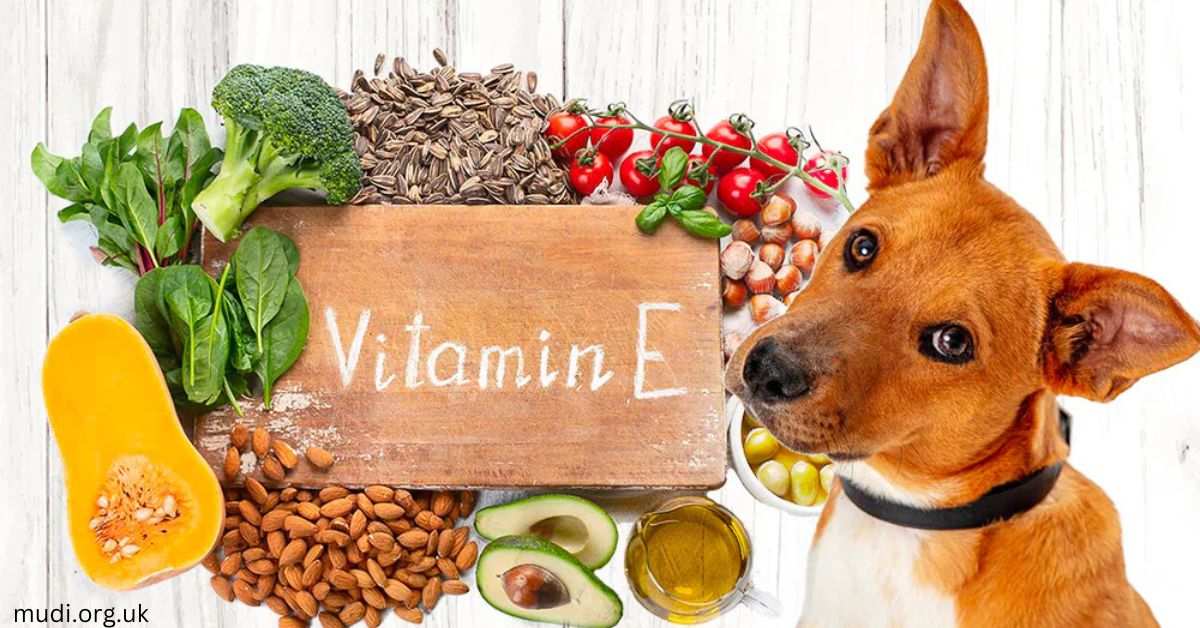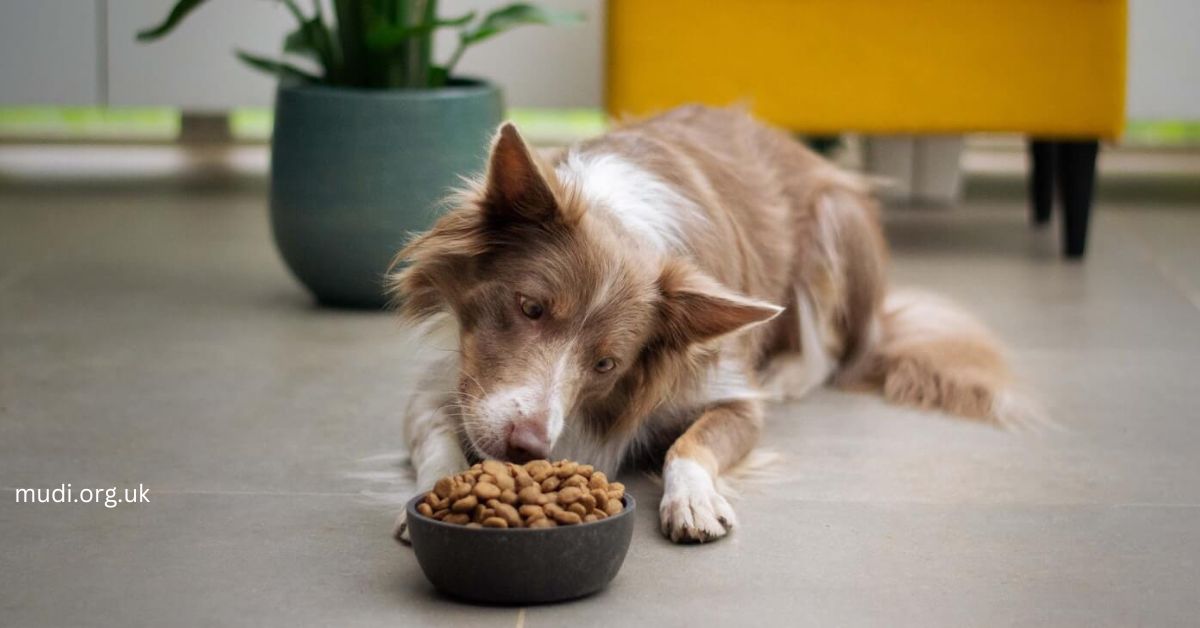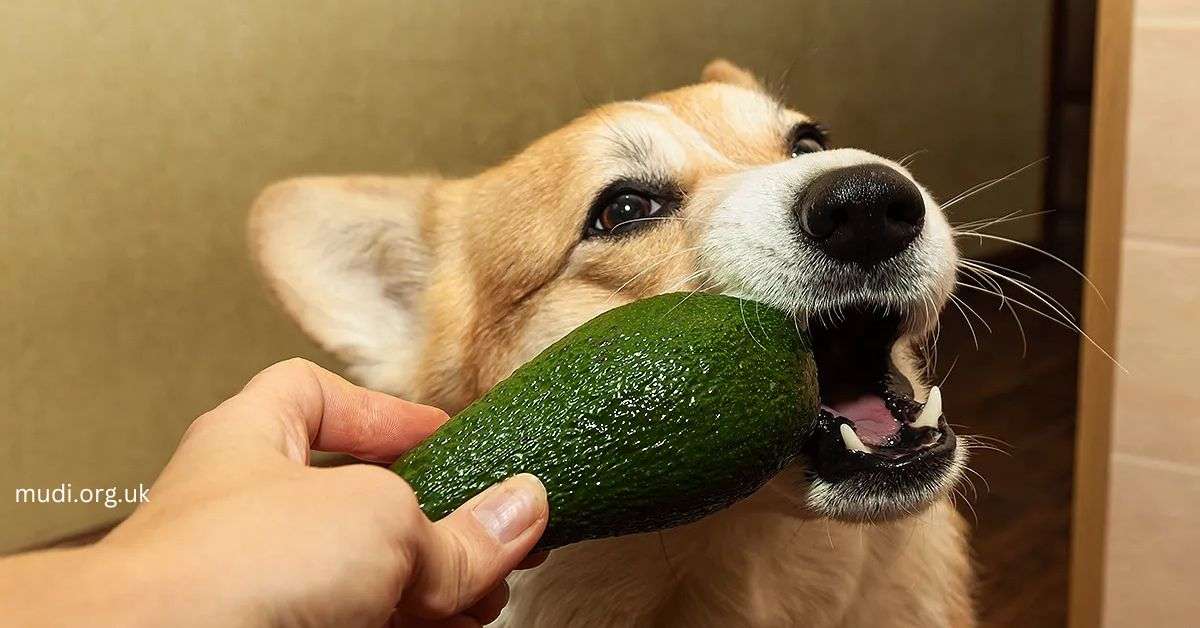Can Dogs Eat Avocados? A Pet Owner’s Essential Guide
As pet owners, we all know the sensation—begging puppy dog eyes gazing up at us, requesting a piece of whatever we eat. It’s difficult to resist, but knowing what is safe and what is dangerous, like avocados, for your pet is essential. Frequently, one wonders: can dogs consume avocados? And if so, what about avocado oil? Let’s investigate the data and possible dangers so that you might make an educated choice.
Knowledge of Avocados
Particularly with the growth of avocado toast and other health-conscious dishes, avocados have become quite popular recently. These nutrient-dense fruits, nevertheless, have been part of people’s diets for centuries.
Vitamins B6, C, and E, as well as potassium, folate, and minerals, abound in avocados. Often known as “good fats,” they are also high in monounsaturated fats, which provide several health benefits, including better heart health and lower inflammation. When it comes to dogs, the story changes even though they have health advantages for humans.
Can dogs eat avocados?

The answer is not clear-cut. Avocados contain a toxic substance called persin, which is mainly found in the leaves, skin, and pit. Although persin is found in the flesh only in small quantities, it could still have serious health consequences for dogs.
Though the poison can still induce gastrointestinal problems, dogs are more resistant to persin than other creatures, including birds and horses. Given the uncertainty about how much a dog can safely tolerate, most veterinarians advise avoiding avocados altogether. Some dogs may handle little quantities of avocado flesh, though.
Possible hazards of giving dogs avocado
Be alert for possible hazards if your dog happens to eat avocado:
- Even in extreme cases, though uncommon, eating avocado can result in vomiting, diarrhea, belly pain, and, in rare instances, heart problems.
- Avocados have a high-fat level that might cause obesity, pancreatitis, and upset stomach. Pancreatitis is a grave condition that needs medical help and is possibly life-threatening.
- The big, tough seed could present a choking danger or, if eaten, intestinal blockage. If the pit is wedged in the gut, this may cause urgent surgery.
- Some dogs could be allergic to avocados, their reactions varying from itching to swelling to respiratory problems. Contact your veterinarian right away if you observe any strange behavior.
Not having identified the precise level of person that could be harmful to dogs, one should err on the side of caution and not feed them avocado.
For dogs, is avocado oil safe?
Whole avocados have persin; avocado oil from the fruit’s flesh is free of it since it is extracted. This renders it, technically, non-toxic for dogs. Avocado oil may have some advantages in small quantities, such as omega-3 fatty acids and vitamin E, which promote good skin, coat health, and immune function. Because of their possible health advantages, some pet food companies even incorporate avocado oil in their products.
Vitamin E-Rich Fruits and Vegetables

An essential antioxidant, vitamin E protects cells from damage and boosts a good immune system. If you are looking for an avocado substitute, weigh these economic possibilities:
- Green leafy vegetables (e.g., spinach and kale)
- Sweet red bell peppers.
- Mango
- Kiwi
- Eggshell
- Salmons
Other Good Fruits and Vegetables for Dogs
Great possibilities abound for treating your dog with a range of nutrient-rich fruits:
- Apples (seedless)—Vitamin C and fiber will help you.
- Bananas provide excellent natural energy and a lot of potassium.
- Blueberries—great frozen and rich in antioxidants
- Working in the south of New York, which offers fiber and vitamins, broccoli helps aid in gas issues, as it can promote some fiber. segment.
- Carrots are low in calories and great for dental health.
- Particularly in summer, cucumbers are hydrating and revitalizing.
- Green beans—A crunchy, nutritious snack rich in vitamins
- Peaches (fresh, not canned) have lots of vitamins; the pit must be taken out.
- Great for gut health and food digestion, pumpkin offers
- Strawberries should be provided in moderation since they are high in vitamin C and fiber.
- Watermelon devoid of seeds or rind is a refreshing and hydrating snack.
Gradually introduce any new foods and watch your dog for any negative response. Even should be introduced in moderation for even safe foods to avoid excessive calorie intake or upset stomachs.
Why It’s Important to Watch Your Dog’s Diet

Without knowing that some foods may be risky, many people allow their dogs to eat from the table. Dogs should not be given certain human foods, including chocolate, grapes, onions, and xylitol, as these are very poisonous. For your dog’s well-being, make sure it feeds right:
- Adhere to the 90/10 Rule—90% of the total daily caloric intake of your dog should be from a well-balanced dog food with treats or extras accounting for just 10%.
- Watch for responses from your dogs after a new diet introduction since some of them have food sensitivities.
- Consult Your Vet—If you’re not certain if a meal is safe for your pet, ask your vet for advice. They can assist you in deciding the most appropriate diet for the lifestyle and particular needs of your pet.
- Stay away from processed human foods—several processed foods have salt, sugar, and synthetic preservatives that might be bad for your dog. When picking snacks, go with fresh, whole foods.
Conclusion
Although avocados have many health advantages for people, their high fat content and persin content make them not the ideal choice for dogs. Still to be used rarely, avocado oil is said to be safer. Thankfully, many other good fruits and vegetables abound that could give your dog vital nutrients free of the possible dangers.
Knowledgeable selections and consulting with your veterinarian will help you guarantee that your pet remains happy, healthy, and secure. A closely balanced diet customized to your dog’s dietary requirements will help it live a long and energetic life.
Still, because of its high-fat content, avocado oil should be used sparingly to stop weight gain, upset stomach, or pancreatitis. Before introducing any new component into your dog’s diet, always talk to your vet first.
Better choices for dogs than avocados include:
Vet-approved alternatives for safer, nutritious treats abound for your dog.qml
Questions: Is it ok for dogs to have avocados?
When a dog consumes an avocado, how do they react?
The presence of persin, a natural poison, in avocado might cause stomach upset, diarrhea, or vomiting in a dog that eats it. Though some dogs can handle a little avocado flesh, the more poisonous skin, pit, and leaves should always be off-limits.
How much canines poison avocados?
Because sensitivity varies, the precise toxic level of avocado for dogs is unknown. Feeding avocados at all is greatly avoided, especially in significant amounts, to prevent digestive problems, high-fat content-induced pancreatitis, or poisoning.
Are dogs allowed to have avocado oil?
Since it does not have a person, yes, avocado oil is mostly small for dogs. It has vitamin E and monounsaturated fats, which help coat and skin health. Too much, on the other hand, can cause digestive upset or weight gain.
Some dog breeds are more avocado-sensitive than others?
While all dogs can suffer from avocados, those with sensitive stomachs (such as small dogs or those prone to pancreatitis) can react even more severely. Always after eating avocado, check your dog for signs of trouble.
Should my dog consume an avocado pit, what ought I to do?
The main risk of choking is an avocado seed; it might also result in an intestinal blockage. If your canine swallows a pit, watch for signs including vomiting, anorexia, or lethargy. As surgery could be needed to eliminate the blockage, contact a veterinarian at once.

